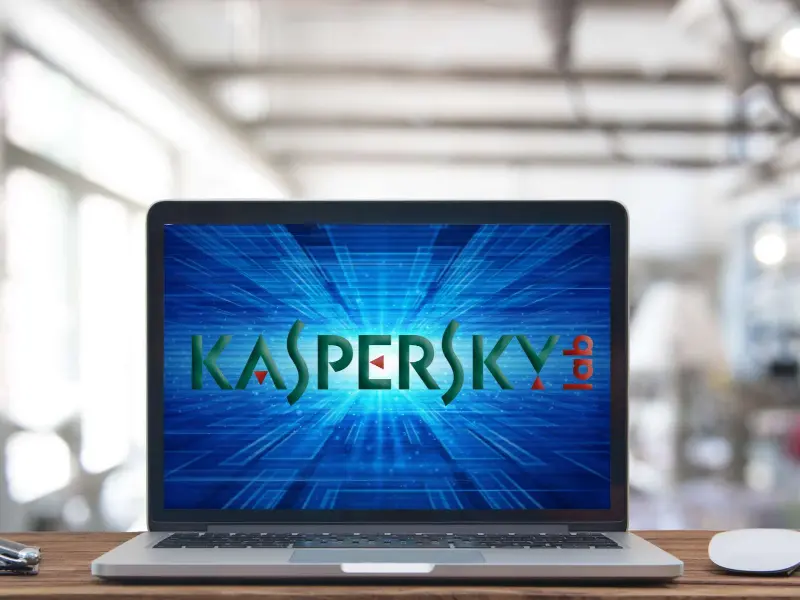- Kaspersky antivirus has been automatically replaced by UltraAV for US users, leaving some frustrated and uninformed about the transition.
- The change follows the US government’s ban on Kaspersky products due to security concerns, which led to Kaspersky’s withdrawal from the US market.
OUR TAKE
Kaspersky antivirus customers in the United States recently had their software switched over without them knowing. It turned out that UltraAV had replaced Kaspersky without their permission. This change came after the US government banned Kaspersky software sales, which started in July 2023. Some customers were confused and frustrated, saying there wasn’t enough communication. Others said they’d been told in advance about the change. Replacing security software without asking users first has raised concerns about control, consent, and how cybersecurity is handled in light of national security concerns.
–Heidi Luo, BTW reporter
What happened
Kaspersky antivirus users in the United States woke up to find that their cybersecurity software had been automatically replaced with a new product, UltraAV. The transition followed a decision by the US government to ban the sale of Kaspersky products from July 2023.
Customers reported on social media that they had not been notified in advance of the switch, while some noted that they had received an email about the update.
Kaspersky partnered with Pango, the American company that owns UltraAV, to ensure a seamless transition for its US customers. The automatic installation of UltraAV was intended to ensure that users had uninterrupted cybersecurity protection, particularly after the September deadline for Kaspersky service updates in the U.S.
However, this unannounced change angered several users who felt that their consent had not been respected, with many citing a loss of trust in the brand due to the unexpected uninstallation of Kaspersky software and installation of UltraAV.
Also read: Russian cybersecurity firm Kaspersky Labs to close US operations
Also read: U.S. accuses Iran of cyberattacks targeting Trump and Harris campaigns
Why it’s important
This incident highlights a larger concern about user autonomy and security in the cybersecurity world. With Kaspersky previously accused by the US government of being a national security risk, the forced switch raises questions about how cybersecurity companies treat their user base during regulatory or political transitions.
The US government’s actions are part of an ongoing effort to restrict foreign software that could pose a threat, but the lack of transparency in this transition has left users frustrated and feeling violated. Avi Fleischer, a former Kaspersky reseller, expressed his dissatisfaction with the way the transition was handled: “They should’ve given me the option to accept UltraAV or not.
Rob Joyce, a former senior US cybersecurity official, highlighted the risks of allowing software like Kaspersky to have full access to a user’s computer, saying, “Kaspersky had total control of your machine.
The move highlights the importance of clear communication between cybersecurity companies and their users, especially in an industry where trust and transparency are paramount. The incident serves as a cautionary tale about the power companies have over users’ devices, and the balance between security and autonomy.

